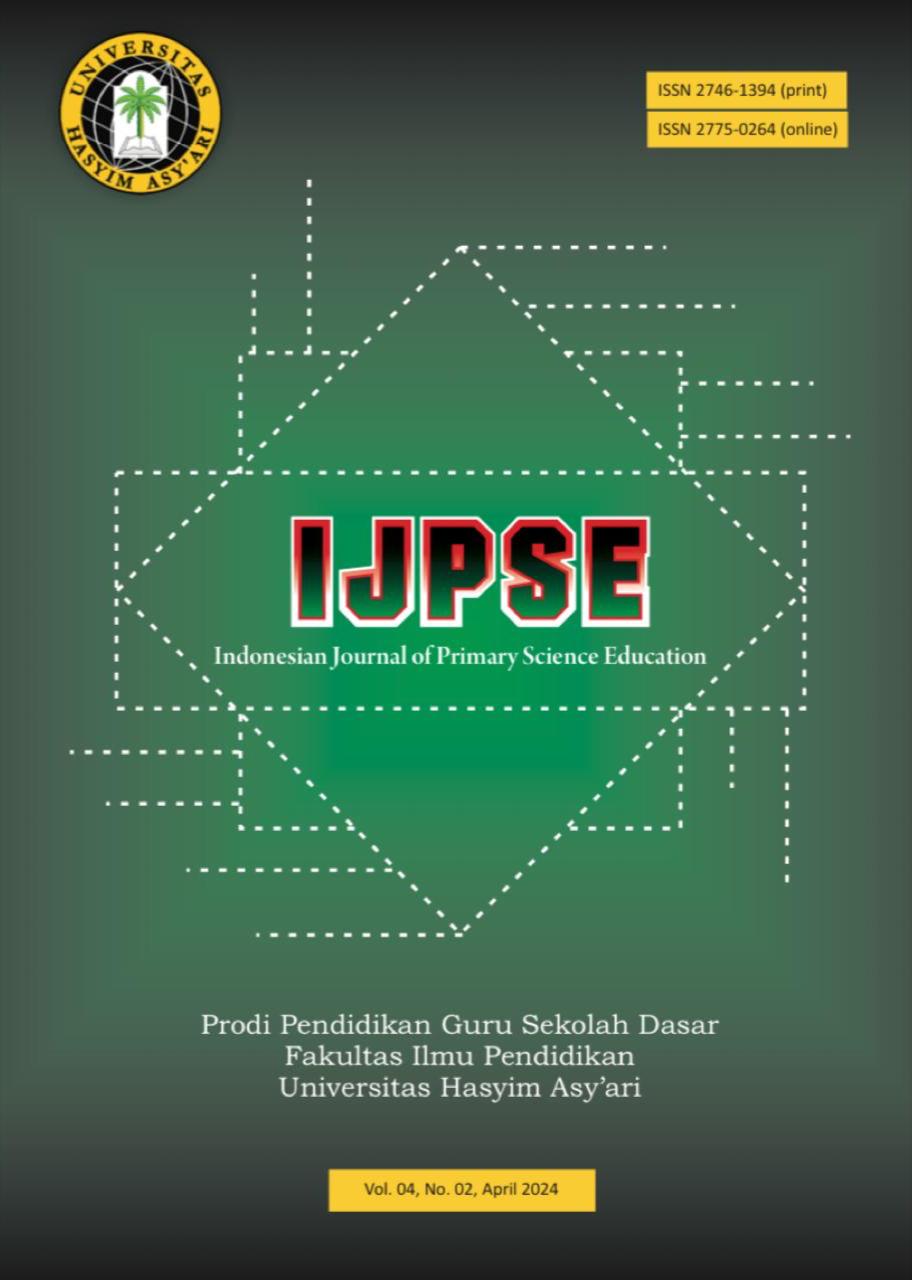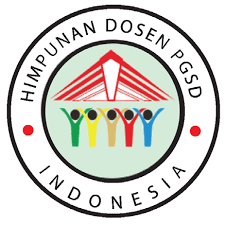The Influence Of The Think Pair Share Learning Model On The Social Skills Development Of Fourth Grade Students In Social Studies
DOI:
https://doi.org/10.33752/ijpse.v4i2.4234Keywords:
cooperative learning, Influence, Think Pair ShareAbstract
Background: The employment of traditional, non-interactive teaching methods frequently results in a lack of student involvement and interest in Social Studies (IPS) sessions at the primary school level. Due to the restricted use of group activities or discussions, students may lose interest in and grow bored with the course subject, which may hinder their ability to develop social skills. Thus, the objective of this paper is to investigate how the TPS cooperative model paradigm affects the social skills of IPS fourth-graders. A sample of 29 children from SDN Balongbesuk's fourth grade uses a pre-experimental design with a one group pretest-posttest design for this study. The results show that adopting the TPS cooperative learning paradigm has a considerable positive influence on the development of students' social skills. Therefore, this study comes to the conclusion that the TPS model can be a useful substitute for enhancing student involvement and social skill development in IPS sessions. The results imply that instructors should think about using this instructional technique to encourage active student involvement and improve their social skills within the IPS learning setting.
Downloads
Downloads
Published
How to Cite
Issue
Section
License
Copyright (c) 2024 Farah Amrillaiy Dewi, Hawwin Fitra Raharja , Evi Rizqi Salamah

This work is licensed under a Creative Commons Attribution-ShareAlike 4.0 International License.









